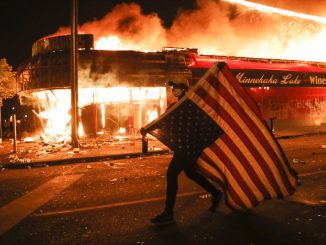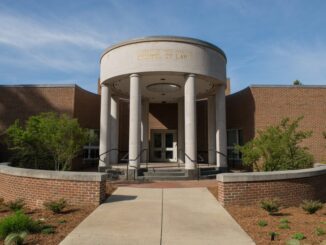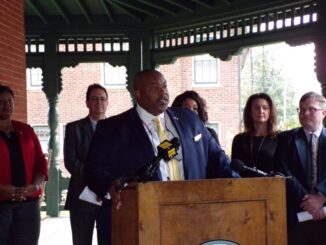
We have heard a lot lately about Critical Race Theory. We have watched parents protesting at school board meetings because they do not want Critical Race Theory taught to their children. We have heard education leaders assert that critics of Critical Race Theory are attempting to stop teachers from teaching “honest history.”
What exactly is Critical Race Theory? Critical Race Theory, an outgrowth of Marxism, became a dominant philosophy in American academia in the early 1990s. Unlike original Marxist thought, which focuses on class warfare between capitalists and workers, Critical Race Theory focuses on racial conflict between whites and non-whites. One of its principal doctrines is the concept of systemic racism, which posits that our economic, political and social policies are the product of whites exercising their privilege over non-whites.
There are only two classes — oppressors and the oppressed.
Consequently, this system of racism is so pervasive that we must dismantle the entire system and construct a new one. Unlike the Civil Rights movement of the 1960s, which worked within existing institutions to create equality for all Americans, this movement seeks to destroy our system of government and our capitalist economy. Only then can we build a perfect nation.
I believe this scorched earth approach to formulating and executing public policy has created another philosophy: Critical Woke Theory. This Marxist doctrine has become so personal for its followers that every facet of human existence has become subject to their own rigid judgments.
Let’s begin with one of the most basic beliefs in our democracy — the value of the individual. Marxism asserts that groups, not individuals, are all that matter. In this world, people must decide which groups they align with. Do they identify with others on the basis of race, gender identity, sexual preference, ethnicity or economic class?
Do those who practice Critical Woke Theory ever look in a mirror and see a singular being whose unique history and physical and intellectual characteristics make him or her unlike anyone else?
Does Critical Woke Theory acknowledge the complexity of human behavior and human history? If we are divided into only two classes, the oppressors and the oppressed, how do we assess those who are of mixed lineage? If white people are bad because they are the oppressors and non-white people are victims because they are the oppressed, how do we regard someone who is bi-racial? Should the child of two people from opposing groups despise one parent and embrace the other?
How does someone continue to believe in Critical Woke Theory when one of its primary tenets — the idea that America is systemically racist — can be easily refuted by considering a few simple facts? Would a systemically racist country elect a bi-racial man twice to be its president or elect a bi-racial woman to be its vice-president? Would that same country have non-white officials at every level of government — judges, mayors, governors, members of Congress — who help to shape public policy?
Do adherents of Critical Woke Theory acknowledge the progress our country has made towards creating “a more perfect union”? Do they ever think about the hundreds of thousands of Americans who gave their lives in a war to end slavery or those who fought for civil rights in the 1960s? Are they so focused on building a new and perfect world that they cannot see how far we have come from where we began?
Perhaps the worst behavior these disciples display is their refusal to tolerate human frailty. Critical Woke Theory is a religion without reconciliation or forgiveness. Nobody gets a second chance. Whether you are a Founding Father who owned slaves or a comic who sent racist tweets years ago, you are forever damned. Do these zealots ever ask themselves if they could live up to these rigorous standards?
Perhaps Critical Woke Theory will succumb to one of two forces: the weight of truth, if its proponents ever find the courage to ask themselves some of these questions; or the rigidity of the movement’s self-righteousness, once its members turn on each other.



